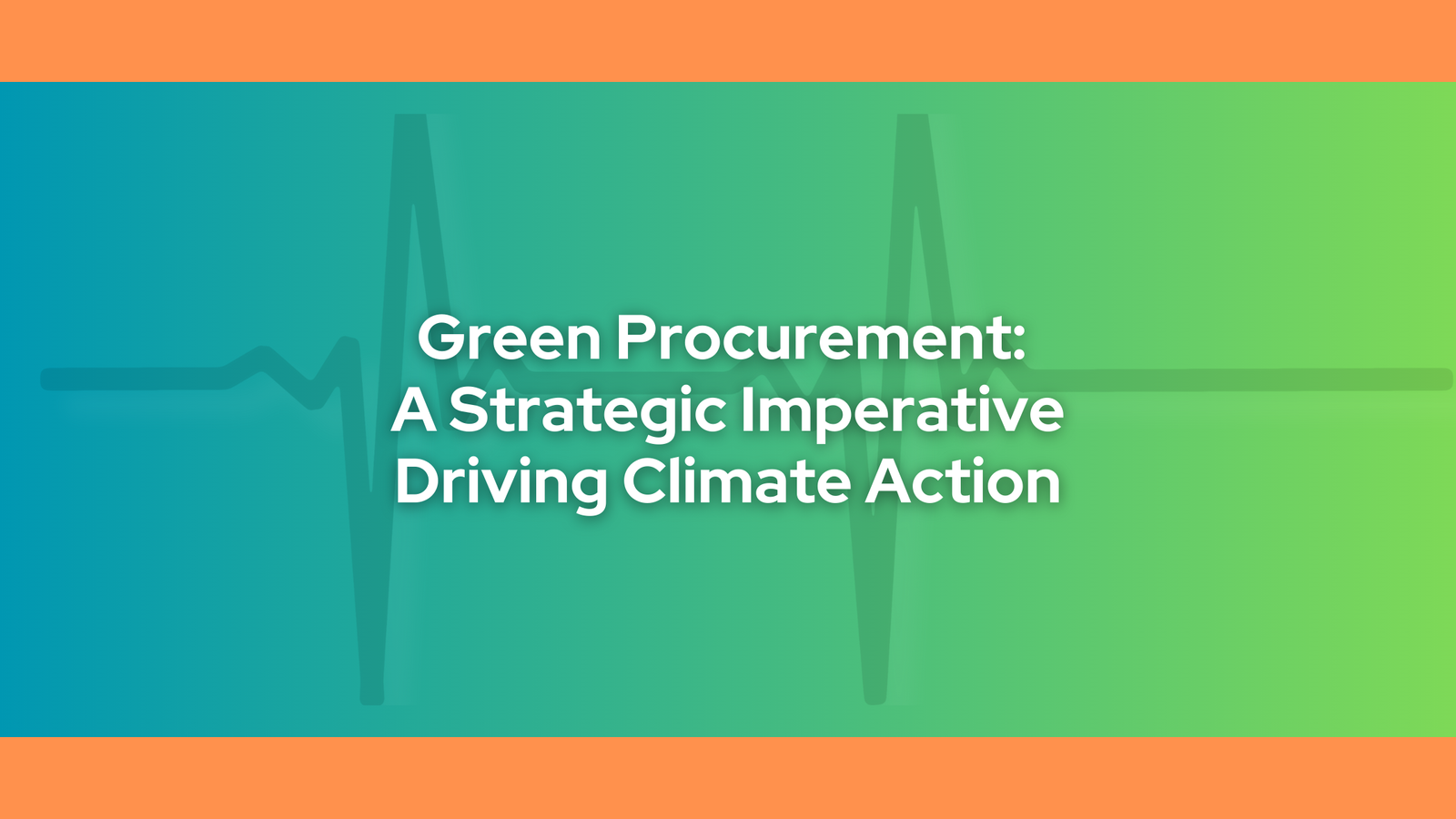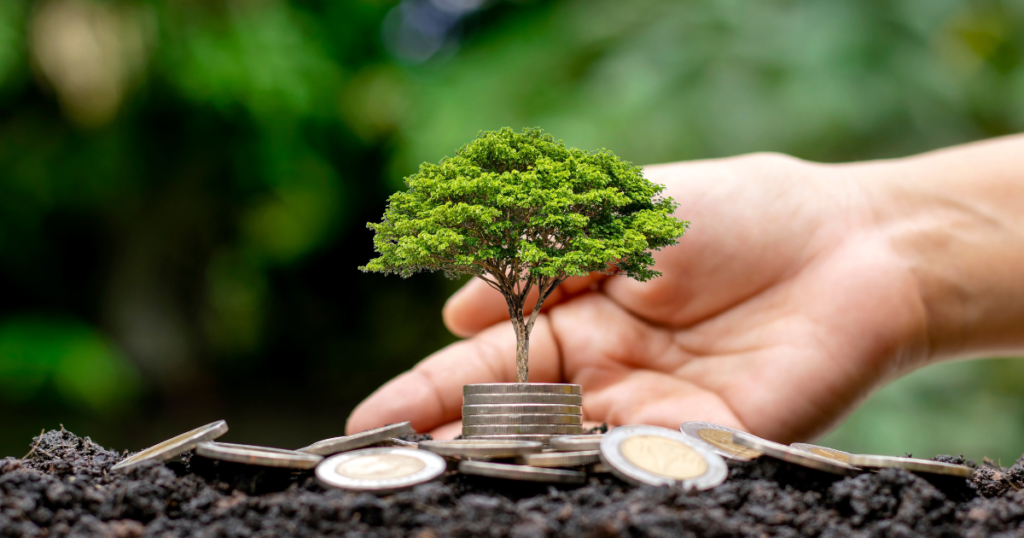
With the impacts of climate change escalating and affecting many parts of the world, global warming is now a pressing issue more than ever. The procurement industry is in a unique position to influence significant action in combating climate change. Green procurement is not just an option anymore but a strategic imperative that can empower organizations to make environmentally conscious purchasing decisions. This can help reduce carbon footprints and foster a sustainable future. By embracing sustainable procurement strategies, there is a great possibility of addressing environmental challenges while building resilience for the future.

More than just buying eco-friendly products, green procurement involves adopting procedures that reduce environmental harm throughout a product’s lifecycle. While policy goals may differ, sustainable procurement can assist nations in creating homes, transportation systems, and climate-resilient infrastructure with the least amount of environmental damage possible.
With the global market for public procurement valued between $12 to 13 trillion in 2022, it is really pertinent to make better and more environmentally friendly choices, especially in buying and purchasing. Public procurement operations may be directly or indirectly accountable for 15% of greenhouse gas emissions, according to recent studies, underscoring the need for urgent action.
Sustainable procurement also aligns with the global climate goals that support the United Nations Sustainable Development Goals. For example, including environmental standards in purchasing choices might result in notable decreases in carbon emissions while advancing social and financial sustainability. A great case for this is when a wastewater treatment facility was built in Vietnam with funding from the World Bank. Green procurement enabled the development of this initiative. In this project, the government was in charge of funding its upkeep and operation.
This arrangement encouraged the government to take into account longevity, quality, and life-cycle costs in addition to initial construction costs when bidding. Bidders were encouraged to suggest energy-efficient, ecologically friendly technical solutions. The objectives of the design and construction of the treatment facility are to minimize the carbon footprint and take climate change consequences into consideration.

Another case study is from the Asian Development Bank, where the Republic of Korea lowered the waste in its landfills while creating jobs, wealth, and promoting technical advancement.
By implementing creative regulations like volume-based garbage taxes and extended producer responsibility (EPR), the country has turned waste management into a lucrative and environmentally responsible sector.
By 2022, these programs raised recycling rates to 87% and decreased landfill usage from 80% to 5%, resulting in positive effects on the economy and the environment. The strategy makes use of cutting-edge technology that creates jobs and energy, like methane capture and RFID tracking. The experience of South Korea shows how prompt action may fight climate change and convert trash into riches.
Since green procurement is a strategic imperative, not just an environmental necessity. By leveraging technology, prioritizing sustainability, and learning from global success stories, organizations can lead the way toward a greener future.
Procurement specialists may find sustainable suppliers, track carbon emissions throughout supply chains, and streamline the purchase process with the use of cutting-edge tools like artificial intelligence (AI) and data analytics. Additionally, these tools offer real-time data, which facilitates firms’ alignment of buying choices with sustainability objectives.